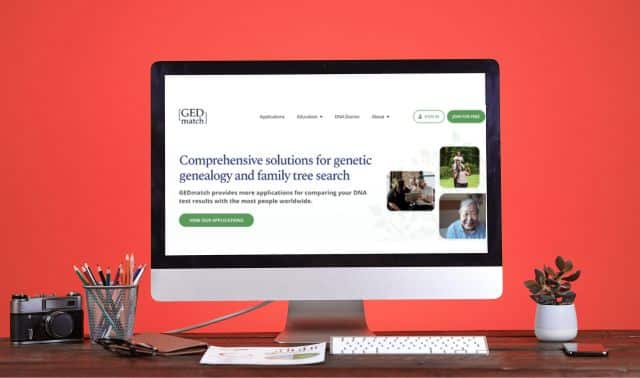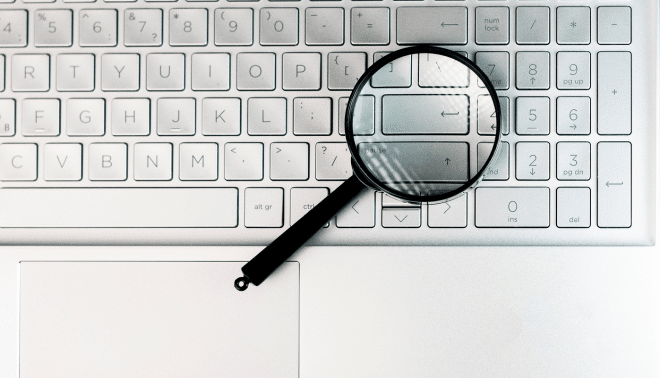Sign up for the Family Tree Newsletter! Plus, you’ll receive our 10 Essential Genealogy Research Forms PDF as a special thank you.
Get Your Free Genealogy Forms
"*" indicates required fields

Exploring, honoring, and remembering our ancestors are the some of the reasons why people flock to genealogy. The thrill as we find their names in the records or see their faces looking back at us from images can be emotional for many. With the option of DNA testing, we can now find members of our genetic family tree we never knew, and sometimes learn more about our ancestry long hidden from our line.
Currently, we can only test living person’s saliva in the direct to consumer DNA testing market. However, that does not stop many from asking me, and other DNA presenters, if there is any possibility to doing testing on all sorts of things our loved ones left behind. Items proffered for testing have included nail clippings, hairbrushes, toothbrushes, ashes, and a pipe. You might have something like this from a loved one as well. I know I do, because I am a genealogist, which at times is equivalent to family history hoarder.
What would your loved one want?
The question is, should we have these items tested? If we set aside the financial costs (the items listed above could only be tested in a forensics lab at a hefty price compared to the DNA kits that come in the mail) we should think about what our deceased loved ones would want. Do we ethically have the right to test someone’s DNA if they are not here to consent to it?
ADVERTISEMENT
It is a tricky question, and one which may never be answered fully for the person in question. For example, my grandparents were inquisitive people and my grandmothers loved telling stories about family and our ancestors. Unfortunately, my grandfathers died in 1974 and 1978 and my grandmothers died in 1993 and 1997—years before DNA testing was commercially available. From them, I have a pipe from one grandfather and a hairbrush from a grandmother. It is possible for me to take those items and find out about their DNA. I would think, from their nature, they would be ok with DNA testing and find it fascinating. But, without someway to communicate with the dead, I will not know for sure.
The big question
In 2015 the Journal of Law and Medicine published an interesting article on this topic. While it speaks particularly to people trying to determine if they suffer from a genetic disorder, it does speak to this question. Just because someone is deceased, does that mean they lose all rights to what happens to their body? For some, it will not be a big deal as they believe the body is just the shell left behind. For others, particularly for certain religious observations, what happens after death is very personal.
Judy Russell also covered this point in her BCG OnBoard article. For family historians, are we sure we are ready to see all the family secrets come to light. Particularly the ones which will only be brought forward through DNA testing. Russell makes a good case that the only form of DNA testing for family historians should come through informed consent, i.e. the person can sign their name and verbally agree to the terms of the test.
ADVERTISEMENT
For now…
The grey areas on this topic are far reaching. Until the price comes down, I don’t think it will become main stream discussion, though. Until then, I encourage you to read the numerous articles from around the globe on the topic. However, those of us who are still here should take notice. If you do, or do not, want something to happen after you die make sure you put your wishes in writing. Who knows what the next breakthrough will bring. Better to be clear now and not leave your family thinking you’d be ok with…well, who knows what.
See what genetic testing for ancestry can do for you with The Family Tree Guide to DNA Testing and Genetic Genealogy. This book discusses how to use DNA testing in genealogy – from selecting the best test to interpreting your DNA test results and branching out your genealogical family tree.
FamilyTreeMagazine.com is a participant in the Amazon Services LLC Associates Program, an affiliate advertising program designed to provide a means for sites to earn advertising fees by advertising and linking to Amazon.com and affiliated websites.
ADVERTISEMENT




